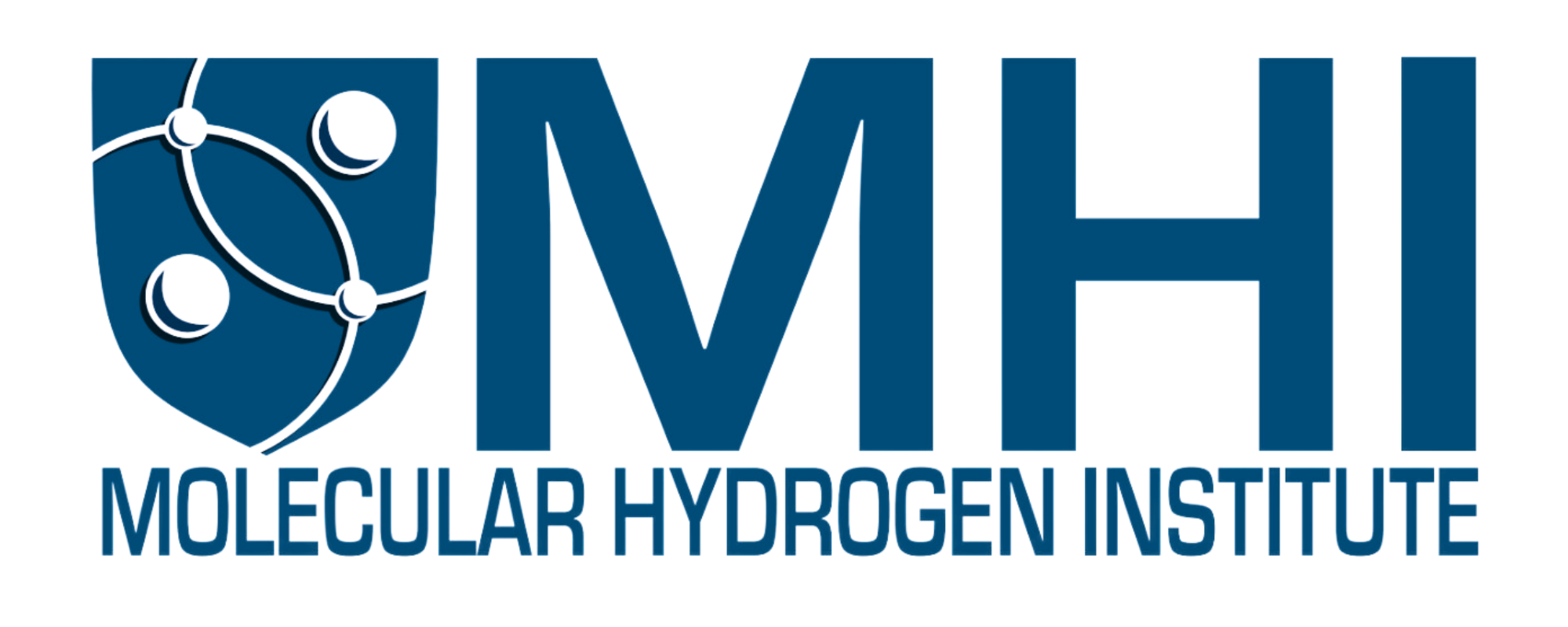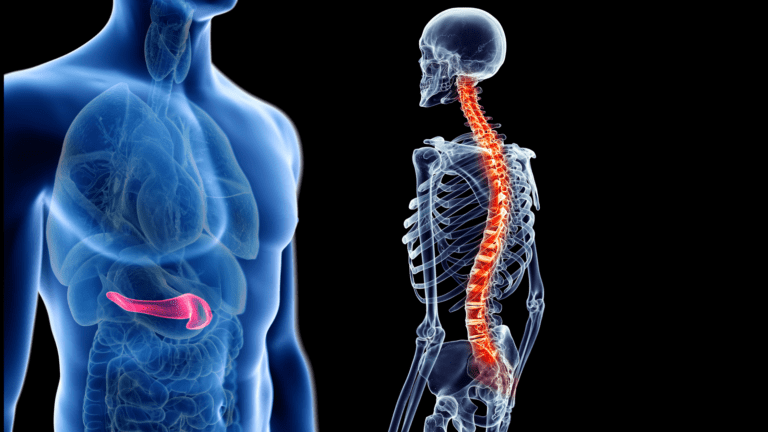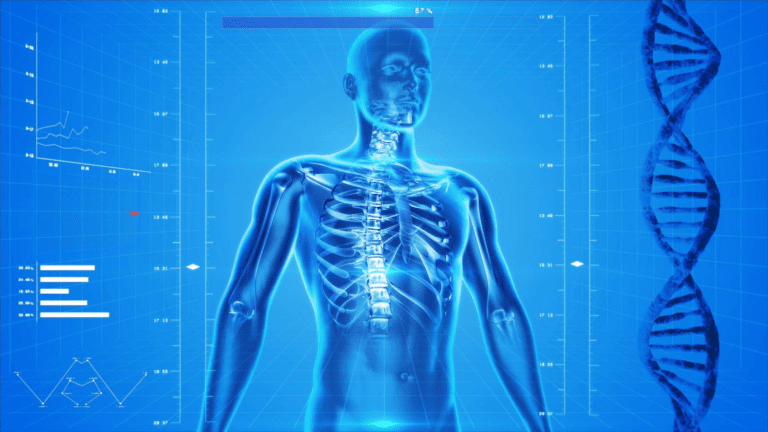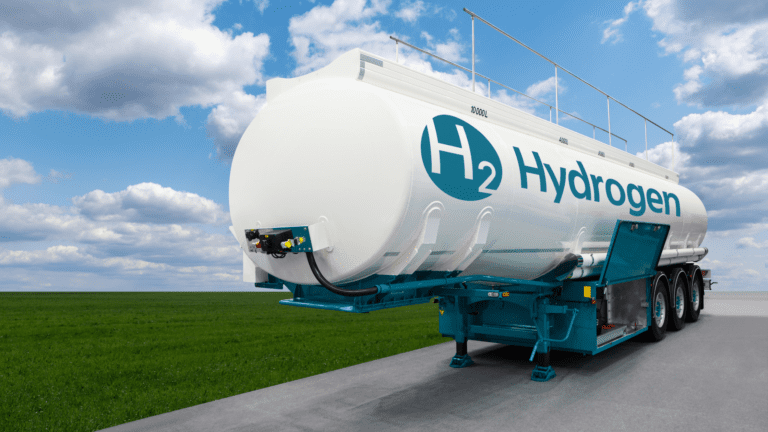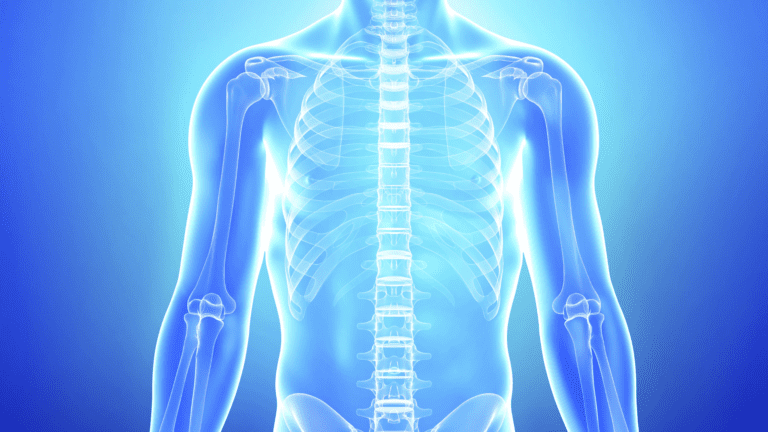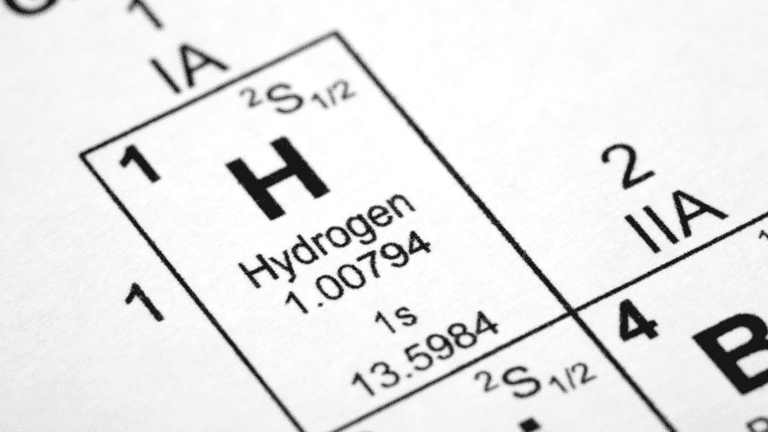Throughout this month, we’ve taken our social media followers on an exciting journey through the world of molecular hydrogen research. We’ve shared short, engaging clips that spotlight some of the most interesting studies in this evolving field. These posts are more than just snippets—they’re highlighting the tireless efforts of scientists who are working to uncover the incredible potential of molecular hydrogen. Our aim is to inform and inspire by showcasing the dedication and drive of the molecular hydrogen researchers. This article serves as a recap of what we’ve covered this month, providing a general overview of the studies we’ve featured.
Here are the 8 impactful scientific studies that we presented this month:
Insert screenshot of the studies (like a collage?)
Study 1: Effectiveness of oral and topical hydrogen for sports-related soft tissue injuries
Summary: This study was focused on the effects of hydrogen therapy on treating inflammation and functional recovery in professional athletes with acute soft tissue injuries. The research consisted of 36 male athletes being randomly assigned one of three groups: a control group receiving traditional treatment, a group receiving oral hydrogen-rich tablets, and a group receiving both oral hydrogen-rich tablets and topical hydrogen-rich packs. Monitoring these athletes over a two-week period, the research resulted in hydrogen therapy significantly enhancing plasma viscosity reduction and it accelerated the recovery of joint range of motion compared to traditional treatment alone. The findings suggested that molecular hydrogen may be a potential tool for management of sports-related soft tissue injuries. More research is still needed.
Authors: Sergej M Ostojic 1, Boris Vukomanovic, Julio Calleja-Gonzalez, Jay R Hoffman
Button Says Read the Full Study Here –
https://pubmed.ncbi.nlm.nih.gov/25295663/
Citation: Ostojic SM, Vukomanovic B, Calleja-Gonzalez J, Hoffman JR. Effectiveness of oral and topical hydrogen for sports-related soft tissue injuries. Postgrad Med. 2014 Sep;126(5):187-95. doi: 10.3810/pgm.2014.09.2813. PMID: 25295663
Study 2: Stimulating fermentation by the prolonged acceleration of gut transit protects against decompression sickness
Summary: This study used rats to explore the question- would speeding up digestion before a dive, make decompression sickness worse? The research conducted used 60 rats in two groups. One group was given polyethylene glycol (PEG) to speed up digestion, and the other group was left untreated. The findings drew conclusion to the by-products of gut fermentation, like hydrogen and butyrate, might actually help protect against DCS. More research is still needed, as this was only an animal study.
Authors: Sébastien de Maistre 1, Nicolas Vallée 2, Sandrine Gaillard 3, Claude Duchamp 4, Jean-Eric Blatteau 5
Button Says Read the Full Study Here – https://www.ncbi.nlm.nih.gov/pubmed/?term=Stimulating+fermentation+by+the+prolonged+acceleration+of+gut+transit+protects+against+decompression+sickness
Citation: de Maistre S, Vallée N, Gaillard S, Duchamp C, Blatteau JE. Stimulating fermentation by the prolonged acceleration of gut transit protects against decompression sickness. Sci Rep. 2018 Jul 4;8(1):10128. doi: 10.1038/s41598-018-28510-x. PMID: 29973647; PMCID: PMC6031626.
Study 3: Molecular hydrogen stimulates the gene expression of transcriptional coactivator PGC-1α to enhance fatty acid metabolism
Summary: Previous studies indicated that molecular hydrogen is a selective antioxidant and can help improve obesity and diabetes in mice by boosting the expression of fibroblast growth factor 21. The mice used in this study were given either hydrogen-rich water or H2-producing material. Gene expression in their liver was analyzed, revealing that H2 upregulates genes involved in fatty acid and steroid metabolism through the PPARα signaling pathway. Additionally, early increases in PGC-1α gene expression were observed, followed by FGF21 expression. Experiments with wild-type mice on a fatty diet showed that H2-water improved plasma triglyceride levels and extended their lifespan. More research is still needed, as this was only an animal study.
Authors: Naomi Kamimura, Harumi Ichimiya, Katsuya Iuchi & Shigeo Ohta
Button: https://www.nature.com/articles/npjamd20168#citeas
Citation: Kamimura, N., Ichimiya, H., Iuchi, K. et al. Molecular hydrogen stimulates the gene expression of transcriptional coactivator PGC-1α to enhance fatty acid metabolism. npj Aging Mech Dis 2, 16008 (2016). https://doi.org/10.1038/npjamd.2016.8
Study 4: Hydrogen-rich water for improvements of mood, anxiety, and autonomic nerve function in daily life
Summary: The quality of life (QOL) is something we are all wanting to optimize and seek improvements in. In maximizing someone’s quality of life, preventing disease, and maintaining health, it is important to pay attention to the factors that can potentially make this possible. A decline in the central nervous system- brain and spinal function -lead to a decrease in quality of life. Typically, this deterioration is caused by chronic oxidative stress and inflammation. Many factors of daily living can increase oxidative stress in the body such as work stress, aging, and the cognitive strain. This study investigated the effects of hydrogen-rich water (HRW) on oxidative stress. These findings indicate that HRW might enhance quality of life by improving central nervous system functions related to mood, anxiety, and autonomic nerve activity. Again, more research is needed before definitive conclusions can be made.
Authors: Kei Mizuno,1-,5 Akihiro T. Sasaki,1-,3,6 Kyoko Ebisu,1,3 Kanako Tajima,2,3 Osami Kajimoto,1,5 Junzo Nojima,7Hirohiko Kuratsune,8 Hiroshi Hori,1-,3 and Yasuyoshi Watanabe, M.D., Ph.D.1-,4,6,*
Button: https://www.ncbi.nlm.nih.gov/pmc/articles/PMC5806445/
Citation: Mizuno K, Sasaki AT, Ebisu K, Tajima K, Kajimoto O, Nojima J, Kuratsune H, Hori H, Watanabe Y. Hydrogen-rich water for improvements of mood, anxiety, and autonomic nerve function in daily life. Med Gas Res. 2018 Jan 22;7(4):247-255. doi: 10.4103/2045-9912.222448. PMID: 29497485; PMCID: PMC5806445.
Study 5: Hydrogen-rich pure water prevents superoxide formation in brain slices of vitamin C-depleted SMP30/GNL knockout mice
Summary: Hydrogen can help protect cells from damage caused by oxidative stress. Using knockout mice, a species that cannot synthesize vitamin C, researchers questioned hydrogen-rich water’s effects in the brain in this study. The mice were separated in three groups. One group was given hydrogen-rich water, the second group had vitamin C, and the third group received plain water H2O. Results pointed to hydrogen-rich pure water functioning as an antioxidant in brain slices, inhibiting the formation of superoxide. More research is still needed.
Authors: Yasunori Sato 1, Shizuo Kajiyama, Akiko Amano, Yoshitaka Kondo, Toru Sasaki, Setsuko Handa, Ryoya Takahashi, Michiaki Fukui, Goji Hasegawa, Naoto Nakamura, Hikohito Fujinawa, Toyotaka Mori, Mitsuhiro Ohta, Hiroshi Obayashi, Naoki Maruyama, Akihito Ishigami
Button: https://pubmed.ncbi.nlm.nih.gov/18706888/
Citation: Sato Y, Kajiyama S, Amano A, Kondo Y, Sasaki T, Handa S, Takahashi R, Fukui M, Hasegawa G, Nakamura N, Fujinawa H, Mori T, Ohta M, Obayashi H, Maruyama N, Ishigami A. Hydrogen-rich pure water prevents superoxide formation in brain slices of vitamin C-depleted SMP30/GNL knockout mice. Biochem Biophys Res Commun. 2008 Oct 24;375(3):346-50. doi: 10.1016/j.bbrc.2008.08.020. Epub 2008 Aug 14. PMID: 18706888.
Study 6: 28-Days Hydrogen-Rich Water Supplementation Affects Exercise Capacity in Mid-Age Overweight Women
Summary: This study aimed at determining the effects of molecular hydrogen on exercise capacity and quality of life in overweight, mid-aged women. Half of the women involved in the study were given 1 liter of hydrogen rich water and the other half were provided with a placebo, tap water. The group that received hydrogen-rich water had a substantially increased VO2 max when compared to the control group. Researchers concluded that hydrogen-rich water can be used as a hydration formula that causes advancements in exercises for mid-age, overweight women. More research is still needed to determine the exact dosage, concentration and effectiveness of molecular hydrogen on exercise capacity.
Authors: Ostojic, Sergej M.; Korovljev, Darinka; Stajer, Valdemar; Javorac, Dejan
Citation: Ostojic, Sergej M.; Korovljev, Darinka; Stajer, Valdemar; Javorac, Dejan. 28-Days Hydrogen-Rich Water Supplementation Affects Exercise Capacity in Mid-Age Overweight Women: 2942 Board #225 June 1 3. Medicine & Science in Sports & Exercise 50(5S):p 728-729, May 2018. | DOI: 10.1249/01.mss.0000538402.25953.d2
Study 7: Hydrogen-rich saline prevents bone loss in diabetic rats induced by streptozotocin
Summary: This study explores the hypothesis that administering hydrogen saline water systemically could help preserve bone tissue in the tibias and femurs of osteoporotic rats with diabetes mellitus (DM), a condition marked by elevated oxidative stress and excessive production of reactive oxygen species (ROS). In 12 weeks, results showed that the glucose levels in the DM + HRS group were notably lower compared to the DM group. Micro-CT scans revealed significant improvements in bone volume/total volume, connectivity density, trabecular thickness, and trabecular number in the DM + HRS group. Additionally, mechanical tests showed that energy absorption, stiffness, and elastic modulus of the tibia and femur were markedly higher in the DM + HRS group compared to the other groups. The results suggest that systemic administration of hydrogen saline water, which is both safe and well-tolerated, helps preserve bone volume and reduce fracture risk in rats with streptozotocin-induced diabetes. This treatment appears to counteract changes in bone structure and material properties associated with the diabetic condition. More research is still needed, as this was only an animal study.
Authors: Jialiang Guo 1 2 3, Weichong Dong 4, Lin Jin 1 2 3, Pengcheng Wang 1 2 3, Zhiyong Hou 5 6 7, Yingze Zhang 1 2 3
Button: https://pubmed.ncbi.nlm.nih.gov/28748382/
Citation: Guo J, Dong W, Jin L, Wang P, Hou Z, Zhang Y. Hydrogen-rich saline prevents bone loss in diabetic rats induced by streptozotocin. Int Orthop. 2017 Oct;41(10):2119-2128. doi: 10.1007/s00264-017-3581-4. Epub 2017 Jul 26. PMID: 28748382.\
Study 8: Hydrogen Therapy may be a Novel and Effective Treatment for COPD
Summary: The study explores the potential benefits of hydrogen-rich water in mitigating oxidative stress and its effects on health. Researchers investigated the impact of hydrogen-rich water on various oxidative stress markers and its potential therapeutic effects. The study found that hydrogen-rich water significantly reduced oxidative stress by neutralizing reactive oxygen species (ROS). This reduction was associated with improved health outcomes, including reduced inflammation and enhanced overall cellular function. The findings suggest that hydrogen-rich water could serve as a valuable therapeutic agent for conditions associated with oxidative stress. While more research is still needed, this study offers a promising avenue for future research and clinical applications.
Shu-Lin Liu,1 Kan Liu,1 Qiang Sun,1 Wen-Wu Liu,1 Heng-Yi Tao,1 and Xue-Jun Sun1,*
Button: https://www.ncbi.nlm.nih.gov/pmc/articles/PMC3108576/
Citation: Liu SL, Liu K, Sun Q, Liu WW, Tao HY, Sun XJ. Hydrogen Therapy may be a Novel and Effective Treatment for COPD. Front Pharmacol. 2011 Apr 12;2:19. doi: 10.3389/fphar.2011.00019. PMID: 21687512; PMCID: PMC3108576.
Conclusion:
As we wrap up our August roundup, it’s clear that the field of molecular hydrogen research has potential as a medical gas. This month, we’ve explored a range of studies that demonstrate the diverse applications and promising benefits of hydrogen therapy. Whether you’re a seasoned researcher, healthcare professional, or simply intrigued by the latest scientific advancements, these studies offer a deep dive into how molecular hydrogen could shape the future of health and wellness. We hope this comprehensive overview has not only informed you but also inspired curiosity and further exploration in this exciting field. To stay informed, be sure to subscribe to our newsletter and follow us on social media!
